
Discover what’s next for AI in healthcare in 2026 - Get Access to the Full Report
Reducing Carbon Footprints at Every Step
We’ve made a conscious shift from monolithic products to microservices. Our well-architected software products minimize infrastructure usage, lowering carbon footprints.
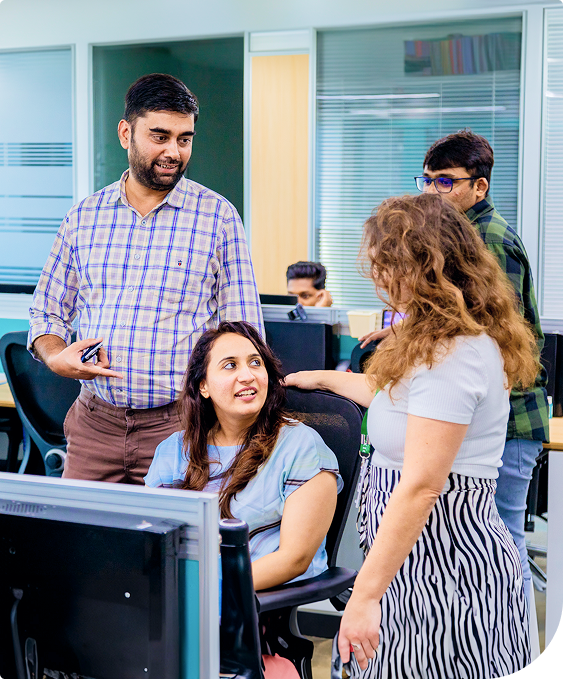
Leading A Sustainable Future with Responsibility
Sustainability is not an afterthought—it is the cornerstone of how we innovate, operate, and grow. For us, true progress isn’t measured only by technological breakthroughs but through positive impact we create for people.
Our vision is to integrate sustainability into every facet of our business. From reducing carbon footprints to fostering inclusive workplaces, we aim to set industry benchmarks for responsible innovation.
Simplifying Digital Experiences with Live Examples – TezJS
TezJS, our PWA-ready static website integrates the logic of static web apps, combining VueJS, TypeScript, Tailwind CSS, ViteJS, and Strapi. This framework minimizes electricity usage by loading only 30% of web fronts at first, giving us an LCP of less than 2, and providing 99% performance even on mobile.
Our own website was the first live project for TezJs and with over 1400 pages on site, we came out 95% cleaner than most other websites tested for carbon footprints.
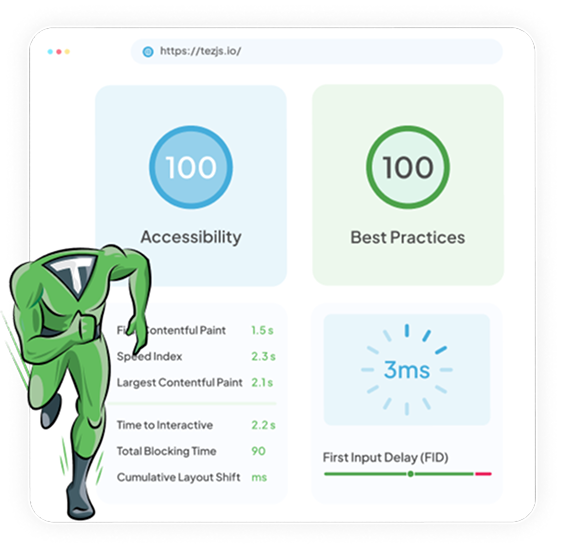

“Innovation is at the heart of our corporate sustainability. We embed sustainable thinking into technology solutions where innovation becomes a force for lasting, positive change. We prioritize areas where we can impact both, our operations and the people around us.”
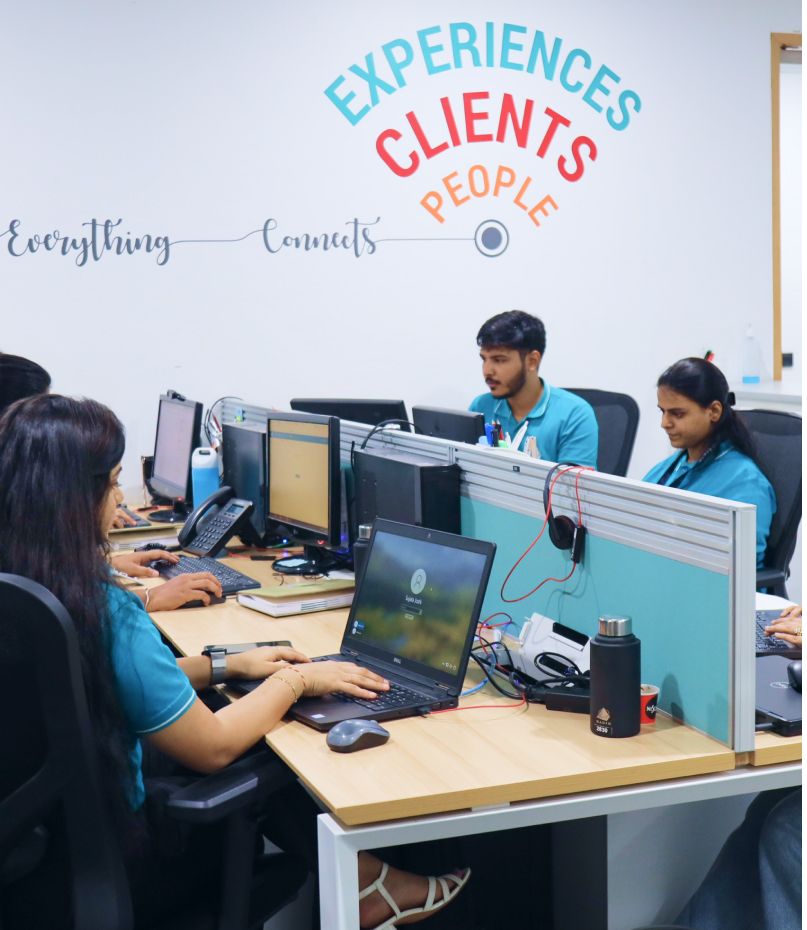
Our Thrust Areas
Energy Efficiency
We continuously optimize our IT infrastructure to reduce energy consumption, implementing green technologies and scalable cloud solutions that significantly lower carbon emissions across all operations.
Tech Waste Reduction
Sustainable Procurement
Employee Well-being
Our Equitable Practices at a Glance
Net Zero Score Target by 2030
Gradually scaling up to a green business and integrating wise use of technology to emerge as a net zero by 2030. Carefully balancing technological and commercial risks to move towards a low-carbon economy.
Prolonging Hardware Lifespan
Every hardware has significant embedded carbon footprints which depreciates over its expected life span. We follow practices that enable software to run on sustainable hardware, prolonging its natural lifespan.
Governed AI Usage
We implement strict ethical and sustainability guidelines for AI development, ensuring energy-efficient models, transparent governance, and responsible deployment that minimizes environmental impact and promotes fairness.
Not Overengineering Performance
Electricity consumption is directly linked to software performance. At Radixweb, we stay away from demand-shaping mechanisms to overstretch our performance or software availability from 99.99% to 99.999%.
Microservices and Containerization
Rather than an all-or-nothing approach with monolithic products, we take a fine-grained approach by reevaluating microservices and containers. We enable our clients to select sustainable environments that run on renewable resources.
Intelligent Software Modernization
An important part of our software development process is assessing if a client’s software at all needs modernization. By refactoring mature products through microservices and containerization, we save significant resources.
Continuous CI/CD Automation
We build fully automated source code management systems to avoid overprovisioned environments. Automated CI/CD pipelines do not just help reduce manual errors but also save the energy needed to recognize and fix issues.
Container-Based Testing Systems
We provide complete test environments to our engineers by using container images to eliminate typical steps before debugging or setting up databases with test data and configuring external systems.
Reusing Components
At Radixweb, we leverage the API economy to reimagine and reduce energy use. We integrate the use of several common services and components to accelerate engineering and reduce development costs.
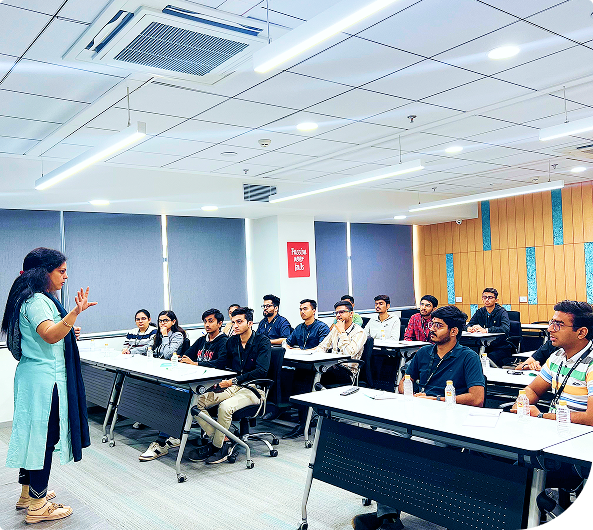
Integrating Responsibility with Every Move
- Initiating sustainability awareness among associates
- Implementing ethical practices at work
- Imparting sustainability training across the value chain
- Nourishing an inclusive work environment
Get integrity-coded, globally compliant software solutions that prompt efficiency
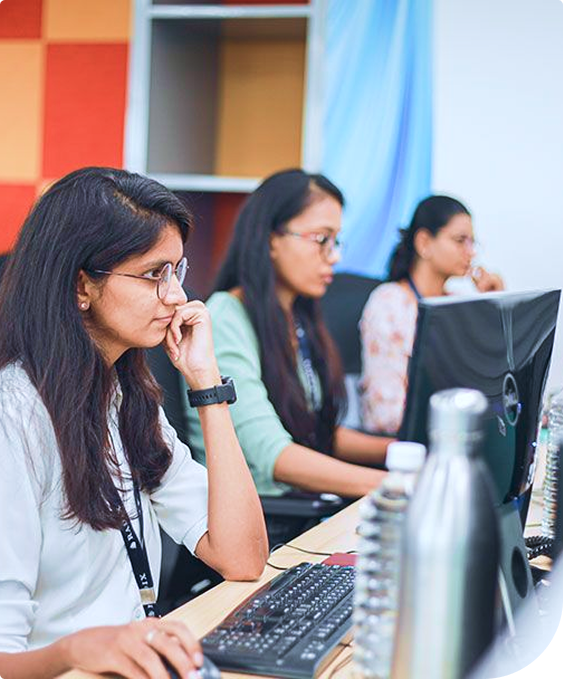
Building Trust Through Transparency – Roadmap 2030
Sustainability is a shared responsibility. We help businesses reduce their environmental impact while enhancing productivity.
- Taking Strategic Steps to Minimize Our Carbon Footprints
- Transition 80% of Operations to Renewable Energy Sources
- Boost Energy Efficiency, Integrate Circular Practices
- Share Sustainable Practices with Tech Community and Beyond
Build solutions that enhance responsibility in software development
